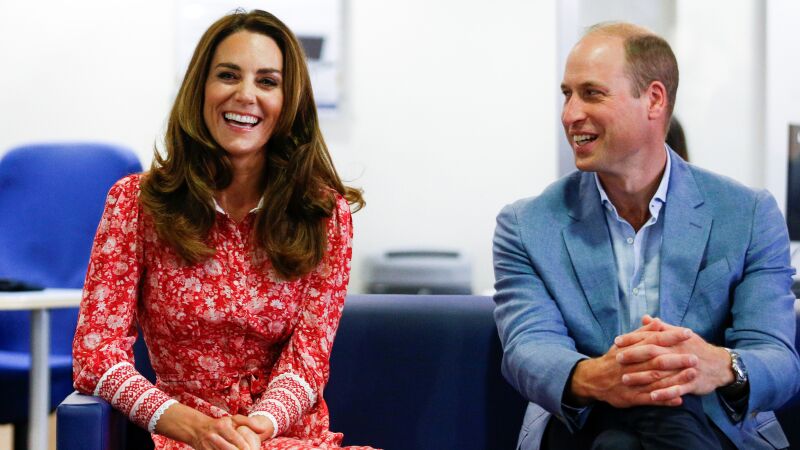
Prince William and Kate Middleton reject the late Queen’s ‘outdated’ practices to fulfill ‘fierce’ plans
The future of the British monarchy under Prince William and Kate Middleton’s leadership is poised for significant changes, ones that might have conflicted with the late Queen Elizabeth II’s perspectives if she were still alive. According to a source with close ties to the Waleses, their plans to reform the monarchy could mark a departure from long-standing traditions, especially regarding the Commonwealth Nations.
The source revealed to the Daily Express that Prince William, who is next in line after King Charles, is reportedly disinterested in leading the Commonwealth Nations, a group of countries that held a special place in his grandmother’s heart. Queen Elizabeth II was known for her dedication to and advocacy of the Commonwealth, making this a potentially controversial shift in royal focus.
Moreover, William is expected to implement ‘drastic’ measures to scale back the number of royal engagements and patronages, a move that aims to modernize the monarchy but may be seen as a significant break from tradition. This reduction in royal duties aligns with the couple’s vision of a more streamlined and contemporary monarchy.
The source emphasized that the monarchy under William and Kate’s reign would look drastically different, with a significant reduction in the wider royal family’s public roles, placing the Wales family at the forefront. This approach reflects a desire to focus more on the United Kingdom, moving away from the Commonwealth tours that have been a staple of royal duties for generations.
The couple’s reluctance to partake in Commonwealth tours is rooted in their belief that it is an outdated institution and not in line with their vision for the monarchy’s future. The insider suggests that the couple’s priority is to modernize the monarchy and make it more relatable to the public.
In terms of state occasions, traditional processions, rituals, and ceremonies are expected to be replaced with more modern, streamlined displays. This shift indicates a desire to make the monarchy more accessible and less rooted in historical opulence.
The source also mentioned that frugality will play a significant role in state affairs, with a conscious effort to avoid public displays of wealth. This approach includes more modest state banquets and coronations, signaling a significant change in how the monarchy presents itself to the public and the world.
These proposed changes signify a new era for the British monarchy, one that strives to be more relevant and less extravagant in a rapidly evolving world. While these reforms may align with contemporary sentiments, they mark a distinct departure from the traditions upheld by Queen Elizabeth II, reflecting the evolving nature of royal responsibilities and public expectations.
